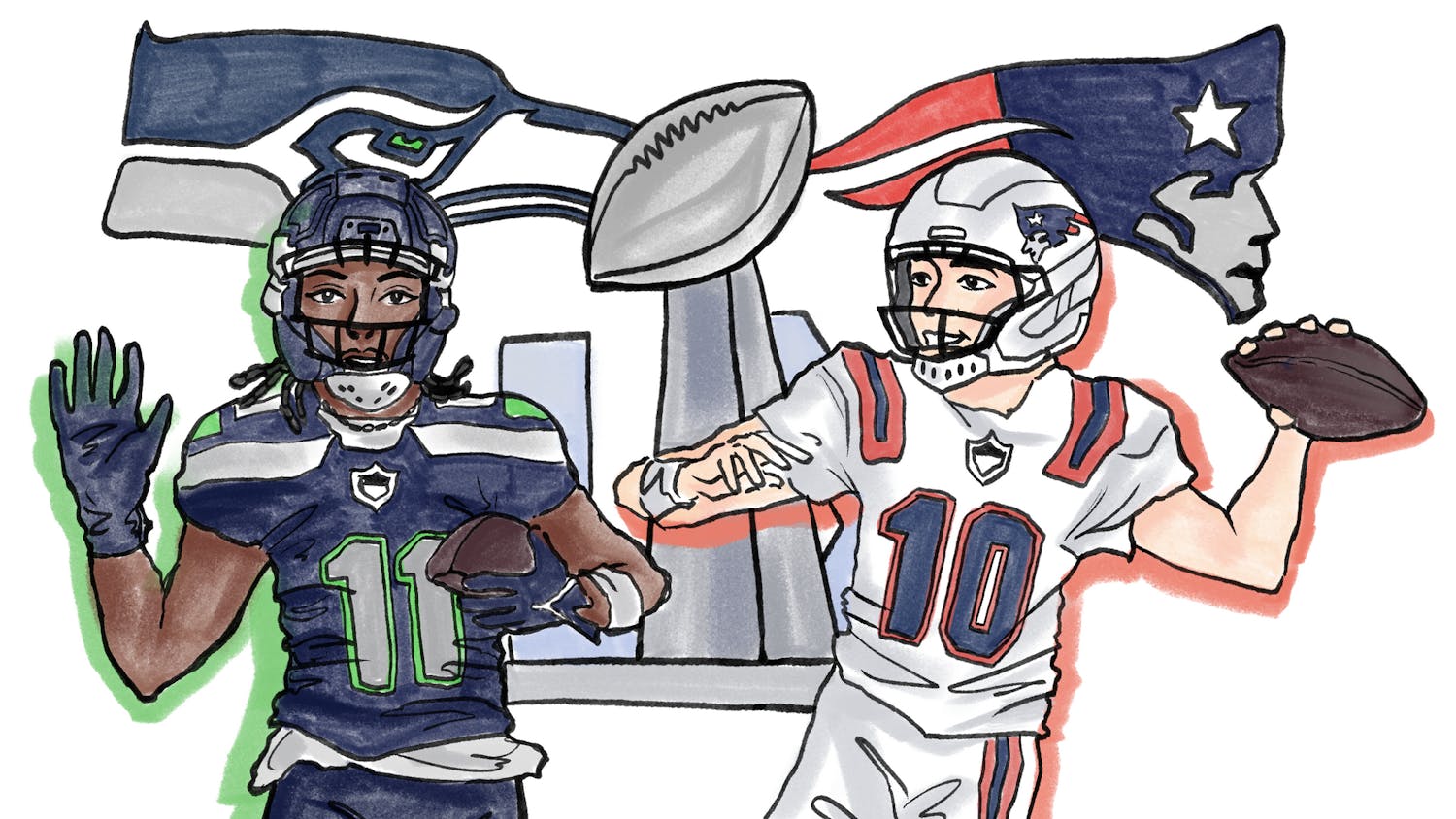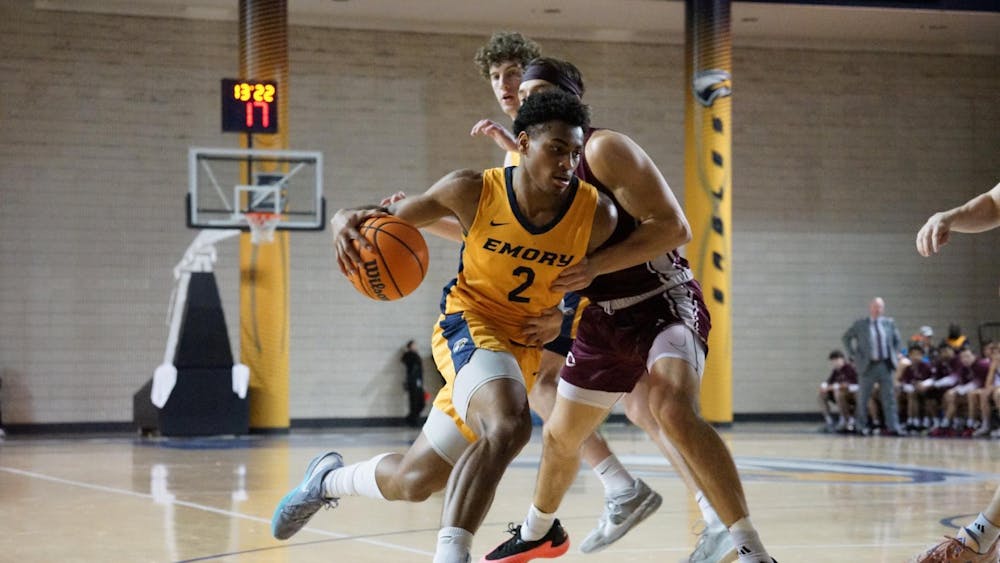While the U.S. has never been strongly associated with the world’s most popular sport, the U.S. women’s national team (USWNT) has been the most dominant team in the world for some time now, winning four World Cup titles since the start of the Women’s World Cups in 1991.
Most of the USWNT players are members of the National Women’s Soccer League (NWSL) in the U.S., considered one of the top women’s leagues in the world. However, some of the league’s biggest names have shocked the soccer world by leaving the U.S. to play in Europe. These players include USWNT stars Alex Morgan, Tobin Heath, Rose Lavelle, Christen Press and Sam Mewis. Their departure wasn’t all that shocking.
Sparked by the worsening COVID-19 crisis nationwide and a troubling move by the NWSL, players packed their bags. In May 2020, the NWSL made a controversial decision to become the first professional sports league in the U.S. to return to play after the initial COVID-19 pandemic shutdown. Players opted out of the league due to health concerns, and teams like Morgan’s Orlando Pride were forced to withdraw due to a spike of positive cases within the organization.
As the U.S. government was criticized for its management of the pandemic, Europe became an attractive environment for American female soccer players. Countries like England, Spain and Italy were ahead of the pandemic curve which prompted players to move overseas. As Heath told ESPN in December, "It was a really impossible situation. I haven't played a real game of football since March, and it was a long time to press pause on my career.”

This was a necessary move for players who did not want the pandemic to get in the way of their careers and development. If they hadn’t decided to play in Europe, then they might not have been able to play competitively for several months, which is a long time for professional players who are used to training every day.
Beyond the pandemic, though, players have found conditions in the U.S. unfavorable. In March 2019, 28 players on the USWNT filed an equal pay lawsuit against the U.S. Soccer Federation. Unfortunately for the USWNT, a federal judge in California ruled against the players in May 2020. The ruling states that the women's team has been compensated more relative to the men's team; however, the judge failed to recognize the disparities of pay with respect to success.
The USWNT appealed the original court ruling, but a motion was filed to delay the trial in response to the pandemic. How USWNT members will react to appeal still remains in question, and could affect their return to play in the States.
2019’s FIFA Women’s Player of the Year, USWNT’s Megan Rapinoe, has been at the forefront of the fight since the lawsuit was first filed. Rapinoe told CNN that equal pay is about “so much more than the money.” She also noted how men’s sports are typically seen as an exciting business opportunity, while women’s sports are often dealt the bare minimum to keep the athletes happy.
We will never stop fighting for EQUALITY.
— Megan Rapinoe (@mPinoe) May 2, 2020
Rapinoe’s efforts are in hopes to inspire future generations of women soccer players and continue to address the gender divide in sports. In an interview after a match in March 2020, Rapinoe called on younger generations to understand the importance of the issue.
“To every girl out there, to every boy out there, who watches this team, who wants to be on this team or just wants to live their dream out, you are not lesser just because you’re a girl,” Rapinoe said. “You are not better just because you’re a boy.”
Many politicians, celebrities, fans and athletes have shown their support for the USWNT’s fight for equality. At the ticker-tape parade in New York City after the USWNT’s 2019 World Cup win, fans were celebrating their favorite players while chanting, “Equal pay! Equal pay!”
The combination of the ongoing COVID-19 crisis and the equal pay lawsuit will keep fans on the lookout for the decisions of their favorite players. USWNT members may continue to travel to Europe to escape the U.S., especially until players receive the equal pay they deserve.









